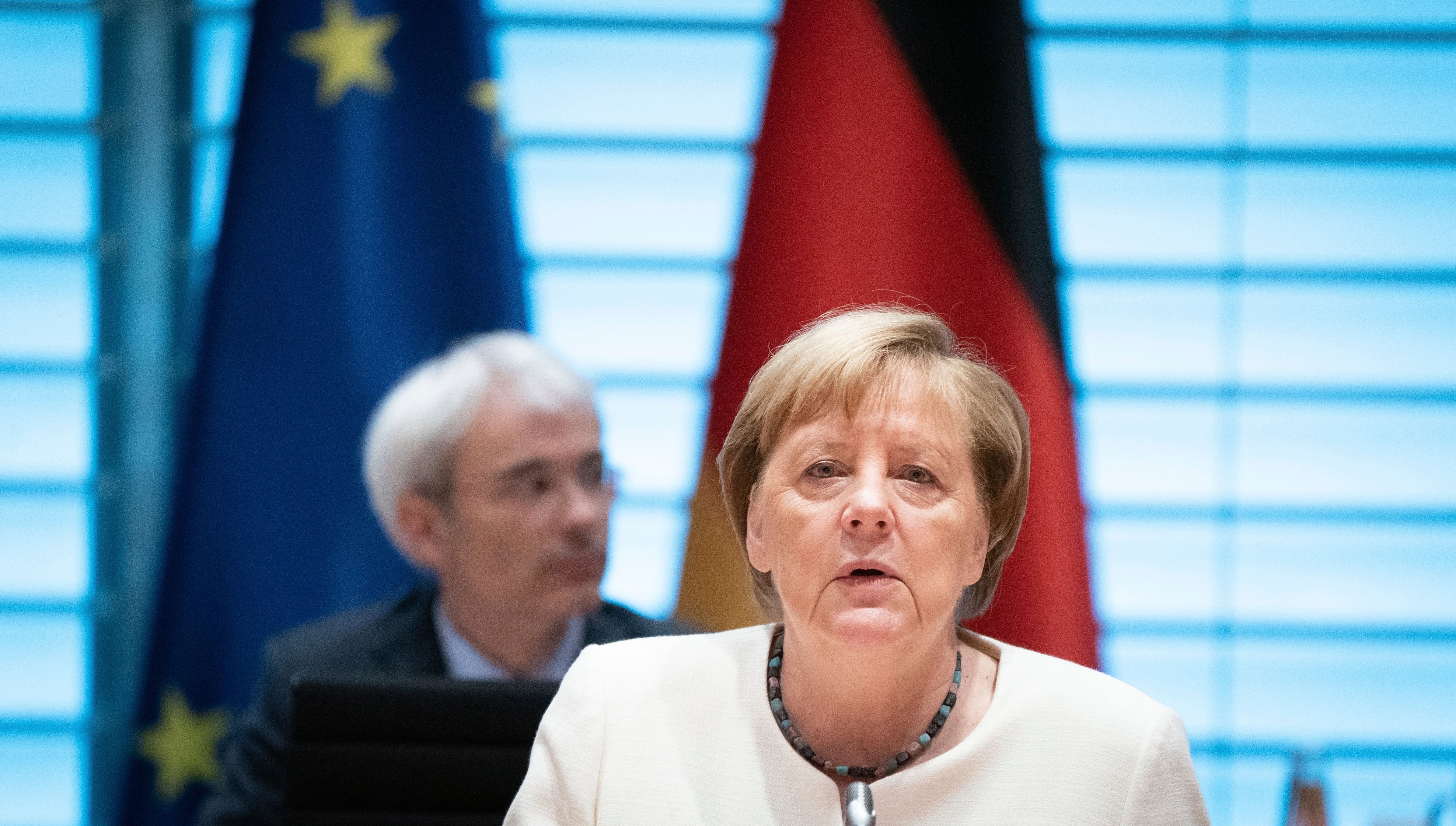German Cabinet approves 2021 budget with high borrowing
Germany’s Cabinet has approved a 2021 budget that foresees significant borrowing for the second consecutive year as Europe’s biggest economy tries to lessen the fallout of the coronavirus crisis

Your support helps us to tell the story
From reproductive rights to climate change to Big Tech, The Independent is on the ground when the story is developing. Whether it's investigating the financials of Elon Musk's pro-Trump PAC or producing our latest documentary, 'The A Word', which shines a light on the American women fighting for reproductive rights, we know how important it is to parse out the facts from the messaging.
At such a critical moment in US history, we need reporters on the ground. Your donation allows us to keep sending journalists to speak to both sides of the story.
The Independent is trusted by Americans across the entire political spectrum. And unlike many other quality news outlets, we choose not to lock Americans out of our reporting and analysis with paywalls. We believe quality journalism should be available to everyone, paid for by those who can afford it.
Your support makes all the difference.Germany's Cabinet on Wednesday approved a 2021 budget that foresees significant borrowing for the second consecutive year as Europe s biggest economy tries to lessen the fallout of the coronavirus crisis.
The budget plan calls for spending of 413.4 billion euros ($485 billion) next year, down from this year's exceptionally high 508.5 billion euros, a figure which was swollen by spending on rescue packages.
The crisis has derailed the government’s dedication to keeping its budget balanced, long a point of pride. After six years in the black, it is borrowing 217.8 billion euros this year to finance rescue and stimulus packages and cover an expected shortfall in tax revenue.
Next year's budget plan calls for borrowing of 96.2 billion euros.
Germany's economy shrank by 9.7% in the second quarter compared with the previous three-month period, easily the worst performance in the 50 years that quarterly GDP figures have been recorded. But that was still one of the less drastic contractions among Europe’s major economies during the wide-ranging coronavirus shutdowns in the spring. France, Italy, Spain and Britain all saw double-digit drops.
For the full year, the government is forecasting a 5.8% decline in gross domestic product.
Germany’s finances were in solid shape before the crisis, which the government has tackled with a wide range of rescue programs and a stimulus package that includes a six-month sales tax cut.
The 2021 budget still requires parliamentary approval.